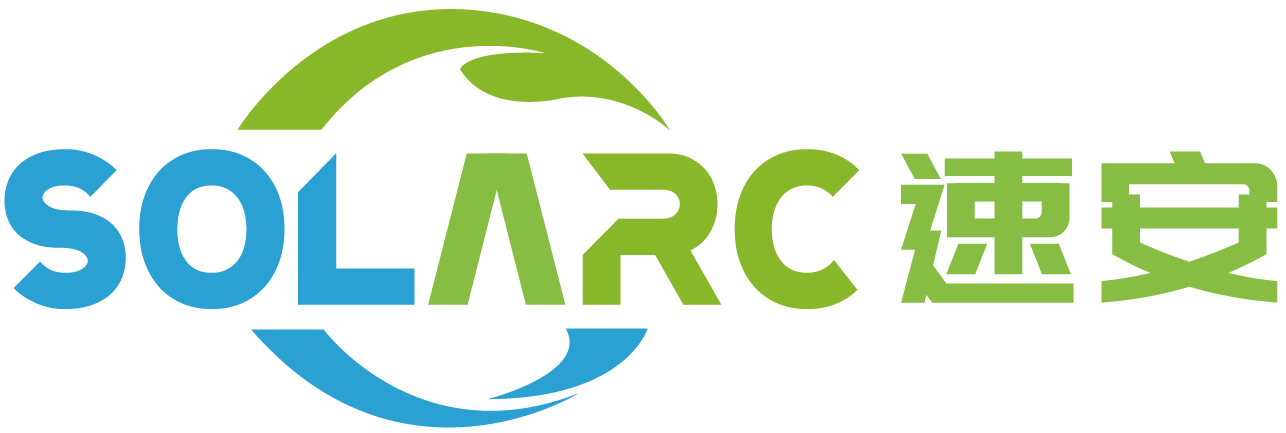The so-called islanding effect refers to the situation where a power generation device integrated into the public power grid cannot detect or has no corresponding detection means in the event of a power outage, and still feeds electricity to the public power grid. Due to the potential danger of islanding and damage to equipment, owners of public works and power generation equipment have long been concerned about the anti islanding control of photovoltaic grid connected inverters. Therefore, islanding effects must be prevented in the application of photovoltaic grid connected power generation systems. The principle of islanding effect is that in a circuit with capacitors in series, only the two plates connected to the external circuit (note: not the plates of the same capacitor) have current flowing (charge exchange), and the total amount of charge on the other plates remains unchanged, so it is called an islanding. Isolation is an electrical phenomenon that occurs when a portion of the power grid is disconnected from the main grid, and this portion of the grid is entirely powered by photovoltaic systems. This is still a controversial issue in the international standardization of photovoltaic grid connection, as islanding can harm the safety of the public and power company maintenance personnel, as well as the quality of power supply. It may damage equipment when automatically or manually closing the power switch to restore power to the islanded grid. So, inverters usually come with devices to prevent islanding effects.













 +86-18657328051
+86-18657328051